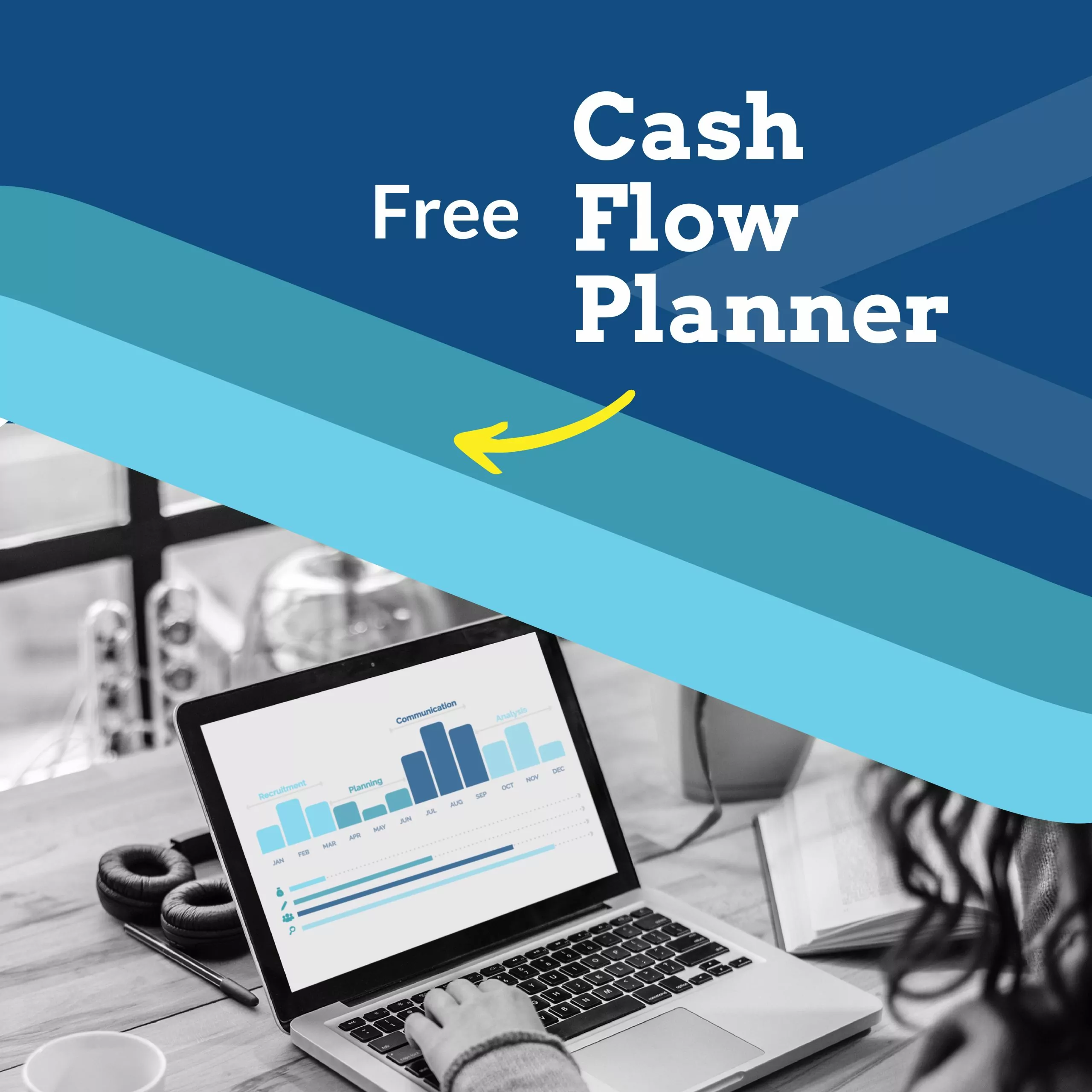Technology has transformed the financial industry. In the past, business owners had to hire accountants to record and process financial data manually. Now, you can hire outsourced accounting services that automate financial reporting and simplify your finance and accounting department.
But what exactly is digital accounting, and why should you consider it? Keep reading to find out.
What Is Digital Accounting?
Digital accounting refers to the creation, representation, and transfer of financial information into an electronic format. Instead of using paper-based processes, all accounting transactions are conducted in an electronic environment.
Digital accounting refers to the creation, representation, and transfer of financial information into an electronic format. Instead of using paper, all accounting transactions are conducted in an electronic environment.
This concept stemmed from the need to establish a more efficient tax system. Digital accounting surfaced in 2003 as a project of the federal government to modernize the Tax and Customs Administration (PMATA). Then came the Electronic invoice (NF-e) and the Digital Bookkeeping System (Sped) in 2009. In 2015, the Digital Bookkeeping System Tax, Social Security, and Labor Obligations were introduced.
Now that you know what it is, let’s discuss the benefits of it:
What to Look for in a Digital Accountant
When choosing a digital accountant, it’s crucial to ensure they can handle all aspects of financial management and manage financial data efficiently. Here are some key factors to consider:
- Experience with Cloud-Based Accounting Software: Your digital accountant should be proficient in using cloud-based accounting software for storing financial information and managing transactions. This ensures data is secure, accessible, and up-to-date.
- Specialization in Your Industry: Look for an accountant with experience in digital accounting solutions for enterprises or a digital accountant for e-commerce. They will have the extensive market knowledge needed to navigate the specific challenges of your industry.
- Comprehensive Financial Services: A good digital accountant should offer a full range of services, including financial management, tax preparation, and capital raising. They should be able to manage finances comprehensively, from bookkeeping to strategic financial planning.
- Real-Time Financial Insights: Ensure they provide real-time updates and insights. This includes the ability to analyze data, create financial models, and offer timely advice on managing financial data.
- Strong Security Measures: Given the sensitive nature of financial data, your digital accountant must have robust security protocols to protect your information.
- Ability to Navigate Complex Transactions: Look for someone who can navigate complex transactions and handle everything from due diligence to negotiating terms. They should be adept at identifying and resolving potential conflicts during transactions.
- Track Record and References: Finally, consider their track record and ask for references from other businesses they have worked with. A reputable digital accountant will have a history of satisfied clients.
Now that you know what digital accounting is and what to look for in a digital accountant, let’s discuss the benefits of it:
Benefits of Digital Accounting
Remote Access
Unlike traditional accounting practices, which rely on outdated formats like paper, one of the primary benefits of a digital accounting system is its ability to provide remote access to your company’s financial data. Digital accountants offer cloud-based solutions and software packages that let you log into the system from anywhere and at any time. This is particularly helpful for cash flow management, allowing you to analyze your cash flow remotely and make quick decisions regarding payments and investments.
Convenience and Improved Productivity
Digital accounting offers the convenience of running automated financial tests on easily accessible data, saving professionals time in compiling and presenting reports. By automating many accounting functions, businesses can dedicate staff to other essential functions, potentially generating more revenue with the same resources.
Security and Agility
Cloud-based accounting solutions are more secure than outdated, paper-based records. They offer cloud storage backed by multiple data centers for data backup. These solutions use SSL technology for data encryption, similar to those used by banks, ensuring your financial information is protected and easily retrievable even if things go wrong.
Easy Invoicing and Payment Tracking
A digital accounting system automates the process of sending invoices and payment requests, minimizing delayed customer payments and improving cash flow. This automation ensures timely follow-ups with debtors, which is crucial for maintaining a healthy cash flow position.
Better Integration and Syncing
Digital accounting solutions integrate seamlessly with other business tools, such as point-of-sale systems, payroll, and website order fulfillment. These integrations often come at little to no cost, enabling data sharing across hundreds of business applications and further extending functionality through services like OneSaas, IFTTT, and Zapier.
Facilitates Tax Preparation
Digital accounting simplifies tax preparation by proactively arranging and separating funds for tax payments and automating tax calculations. This reduces the stress associated with taxation and ensures you don’t miss out on tax write-offs or deductions, which can be overlooked with manual accounting.
Bank Reconciliation Made Easy
Digital accounting solutions include reconciliation tools that simplify tracking errors in transactions and processing, ensuring your records remain consistent with bank statements. These tools also help detect theft and fraud, enhancing the accuracy and reliability of your financial records.
Specialized Functions
Depending on your business’s complexities, you can find a digital accounting solution tailored to your needs. For instance, online retail businesses may benefit from an accounting platform with efficient inventory management systems, while other businesses can connect to specialized apps for specific functions.
Real-Time Advice
With up-to-date data, digital accounting systems enable you to seek real-time financial advice. Financial experts can analyze current numbers and offer timely guidance on the best ways to improve your financial situation, leveraging real-time data for optimal decision-making.
A Streamlined System
Digital accounting systems store all critical data, from cash flow to balance sheets, in one specific area, providing real-time access to essential information. This centralized storage eliminates the need to keep information in various places, as required in manual accounting systems.
Accessibility to Important Financial Information
Digital accounting ensures financial updates are readily available to specific departments or factions within the company. This is especially important for eCommerce businesses, where timely data is crucial for processing purchase orders and freeing up operating capital sooner.
Ease of Use and Improved Speed and Productivity
Digital accounting software is easier to use than manual methods, enhancing efficiency and productivity. These solutions save time processing online transactions, allowing the accounting department to prepare reports and compile data quickly.
Cost-Efficacy
Automation and digital operations save money by minimizing service costs. Hiring a professional to record data in-house is more expensive than a digital accounting solution, making digital accounting a cost-effective choice for businesses.
Reliability and Scalability
Digital accounting systems are known for their accuracy and scalability. Automated software produces accurate data faster than manual methods, enabling businesses to make critical decisions based on reliable information. As your business grows, these systems can be upgraded to support increased operational scale.
Facilitate Standardization
Digital accounting software follows standardized accounting systems, making it easy to use and ensuring consistency in data recording. This standardization simplifies the accounting process and reduces the likelihood of errors.
Want to know more about Fully Accountable’s Digital Accountants? Watch Our Demo to learn more!
Final Word
Digital accounting is fast becoming the norm in the industry. With the introduction of advanced accounting software, more businesses are wanting to implement it into their company infrastructure.
However, many small businesses follow the more traditional route of hiring specialist accountants for day-to-day entries. You cannot blame them for supporting manual accounting procedures. A system that has existed for more than 900 years garners more confidence than a new one.
Whether you’re an e-commerce retailer or any other entrepreneur, Fully Accountable is an outsourced accounting firm that can help you find the right accounting solution. Whether you’re For more information on digital accounting firms, schedule your strategy call today, or answer a few quick questions and get a customized proposal to fit your unique eCommerce business needs now.


